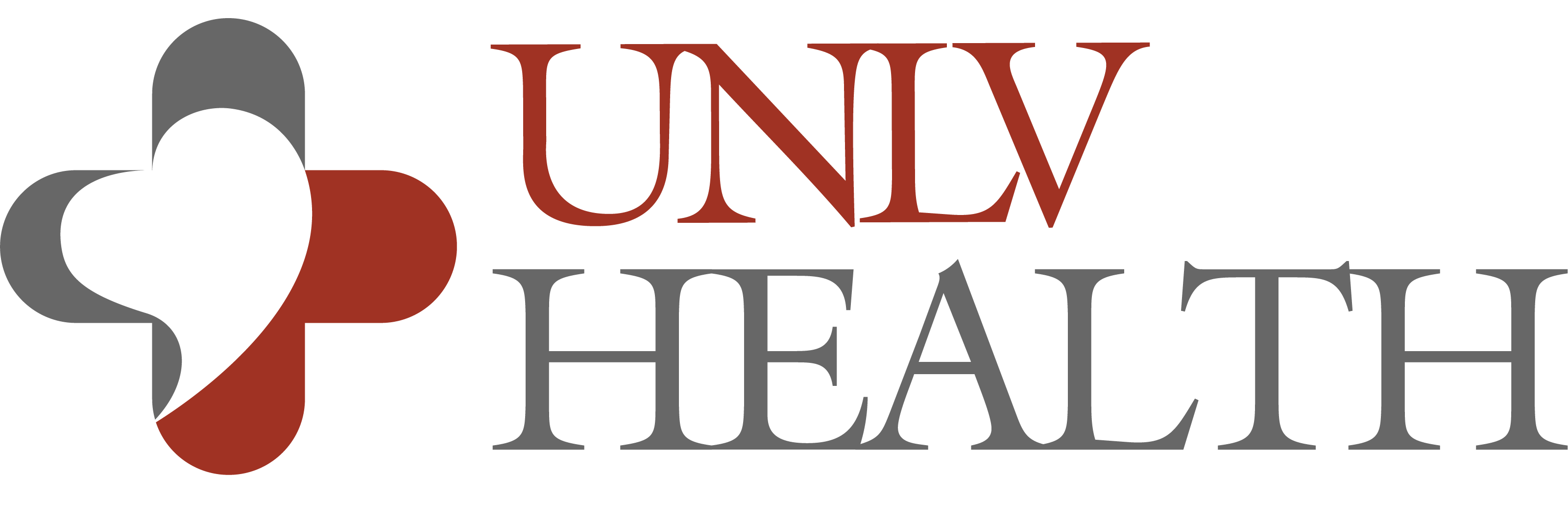2024 Community Investment Awardees
The Boys and Girls Club of Southern Nevada’s Leaders-in-Training (LIT) program equips teens with the tools they need for future success, focusing on job readiness, character development, and service-learning. Through workshops, hands-on projects, and resume-building activities, participants develop valuable professional skills while gaining access to summer job opportunities. To recognize their hard work, teens receive a stipend upon completing the program.
LIT is committed to inclusivity, ensuring its workshops and materials reflect the diverse backgrounds of its participants. This includes offering resources in multiple languages and providing specialized staff training. By fostering job skills, confidence, and economic stability, the program empowers teens to grow personally while laying the foundation for brighter, healthier futures in our community.

The College & Career Readiness program at BGCTM helps youth achieve post-graduate goals, whether through college, trade school, the military, or entering the workforce.
The program focuses on four areas:
- Case Management: Academic advising, high school completion, and enrollment in dual credit/AP classes.
- College-Bound Support: Assistance with course selection, campus visits, SAT/ACT prep, scholarships, and financial aid.
- Career-Bound Support: Connections with trade schools, military pathways, and alternative education providers.
- Workforce Development: Resume building, job skills training, mock interviews, and employment opportunities with local employers.
Phase II will expand to a Middle School activity wing with spaces like an Entrepreneur Room and Computer Media Room. Activities include FAFSA training, resume building, job applications, and career exploration, with tools like CAD systems, podcasting equipment, and collaboration spaces. Students will also gain access to internships, job shadowing, and financial literacy education.
The program partners with local organizations such as TMCC, UNR, Nevada Works, and Charles Schwab to host events like College Exploration Week and Decision Day, equipping youth with essential tools for career and educational success.
%20(1).png)
Boys Town Nevada Behavioral Health Clinic provides essential behavioral health services for children and young adults ages 2 to 22, focusing on early intervention and prevention. Serving Clark County families, including many on Medicaid, the clinic offers services like autism evaluations and Parent-Child Interaction Therapy (PCIT), addressing critical needs in the community.
With locations in Las Vegas and at the Collaboration Center Foundation, Boys Town Nevada remains committed to expanding access to care and improving outcomes for families.

Access to quality healthcare is a challenge for many in the Washoe area, especially for uninsured and low-income families. The Neil Road Health Center is stepping up to bridge this gap with an exciting expansion that promises to transform care for thousands.
The Neil Road Health Center provides essential healthcare services to uninsured, underinsured, and low-income individuals in the Reno area. With a focus on culturally responsive care, the center offers primary care, maternal and child health, pediatric and women’s health, dental care, WIC services, and more. The funding will go towards a planned expansion that will add an additional 4,000 sq. ft., including new exam rooms, behavioral health spaces, a pharmacy, a Prescription Food Pantry, and expanded waiting areas. This project will allow the center to serve 4,000 additional patients annually, reducing wait times and enhancing access to integrated healthcare services in Washoe and Rural Washoe Counties.
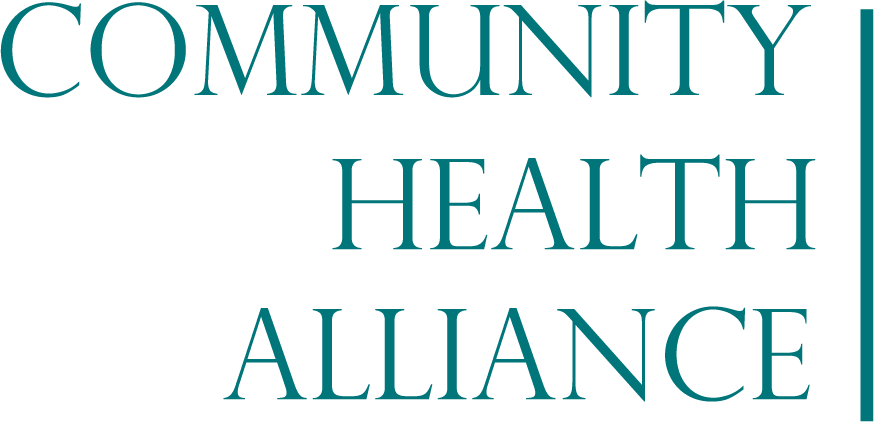
Finding stable, living-wage employment can feel impossible for those facing barriers like poverty, homelessness, or a lack of skills. But what if there was a program designed to break down those barriers and create new opportunities? The Community Services Agency in northern Nevada is doing just that!
The Community Services Agency (CSA) operates a workforce development program in northern Nevada to assist individuals facing barriers to employment, including low-income individuals, opportunities for youth, those reentering the workforce, and people experiencing homelessness. The program offers career coaching, job readiness training, and vocational services to help participants secure living-wage employment while addressing systemic challenges.
From 2008 to 2024, CSA provided Workforce Innovation and Opportunity Act (WIOA) services, aiding thousands of job seekers in closing skill gaps and meeting local employer needs. The proposed project will expand CSA’s program to serve more underserved job seekers in Washoe County, focusing on career pathways, training, and financial stability while addressing workforce demands.
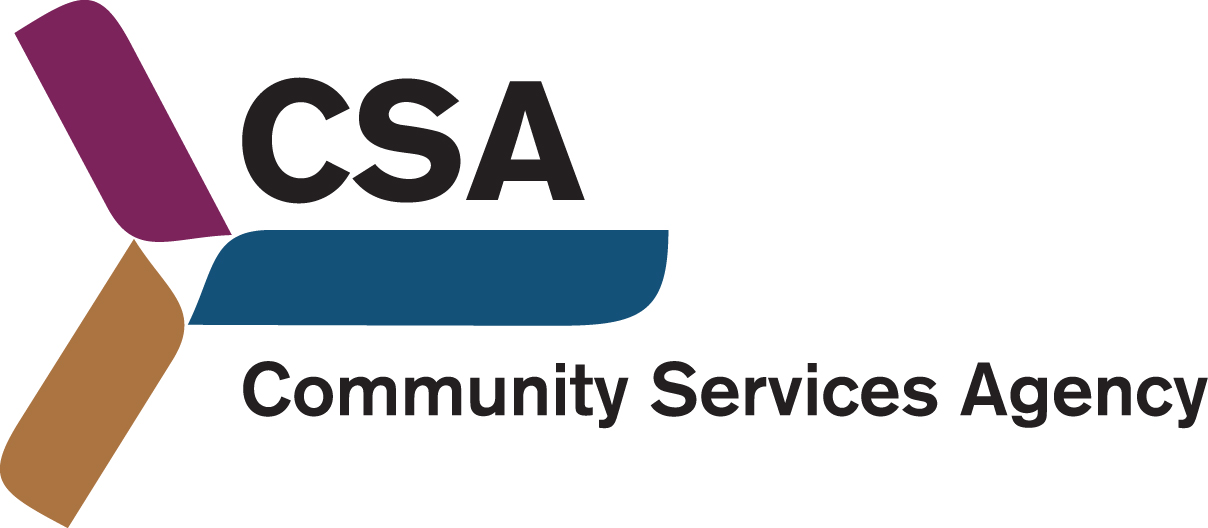
Cure 4 The Kids (C4K) is taking a bold step to transform pediatric healthcare in Southern Nevada by expanding its team of specialists dedicated to medically complex children. This effort not only enhances diagnosis and treatment but also addresses critical gaps in pediatric healthcare in the region.
C4K is implementing a program to address the needs of medically complex children in Southern Nevada. The program includes the recruitment of a pediatric subspecialist to join the existing team of 14 providers, which includes physicians, nurse practitioners, and physician assistants.
Subspecialties on the team include hematology/oncology, rheumatology, acute care, orthopedics, and neuropsychology. The addition of a pediatric subspecialist will expand the team’s ability to diagnose, treat, and manage children with complex and chronic conditions such as hemophilia and juvenile rheumatoid arthritis.
The subspecialist will collaborate with the current team to provide recommendations and develop comprehensive treatment plans. The funding will support the organization’s efforts to secure a qualified provider and address the disparities in pediatric healthcare in the region.
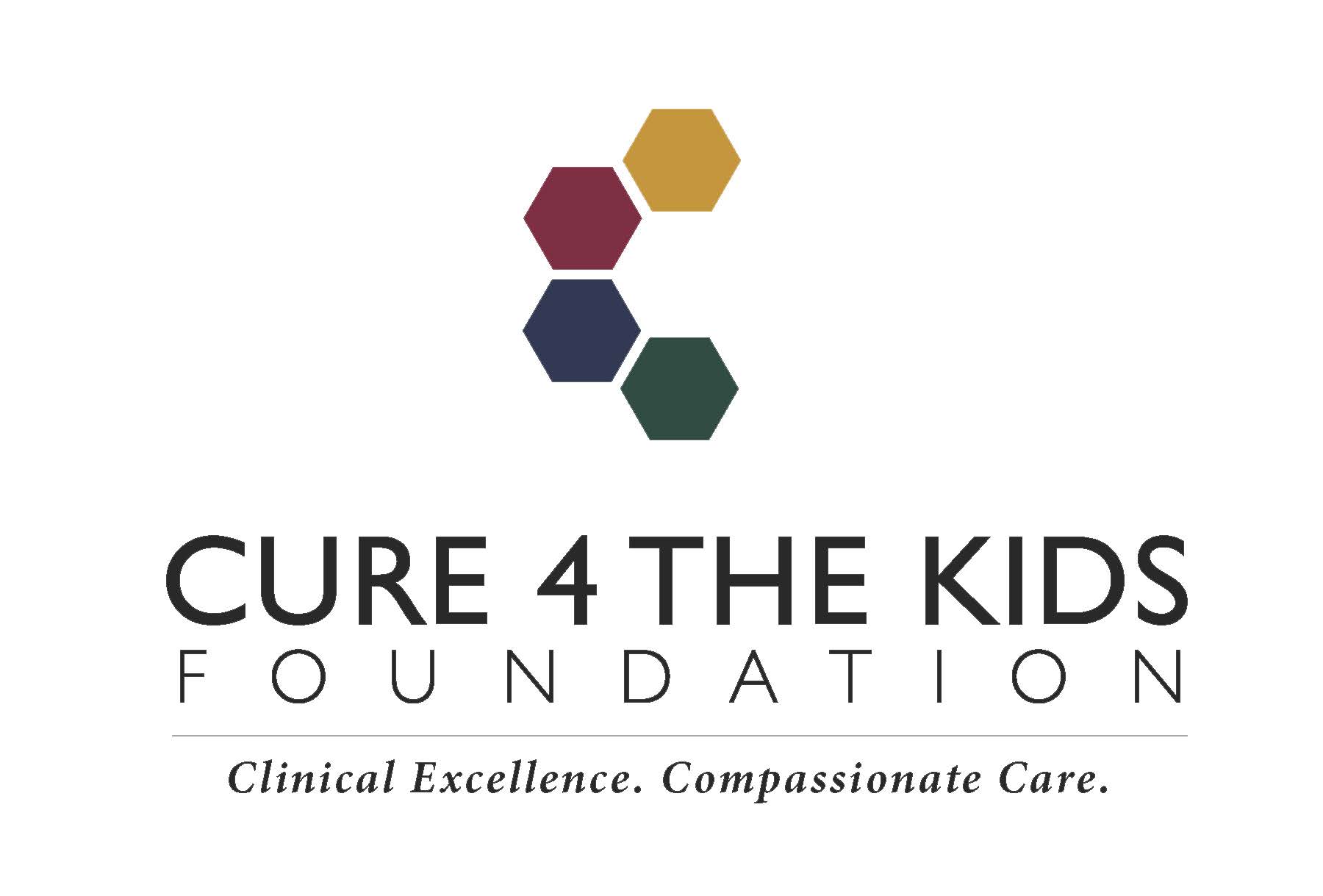
Eddy House serves at-risk and homeless youth ages 18 to 24, primarily in the Reno-Sparks area of Washoe County, Nevada. Youth in need are accepted from any region. Eddy House provides programs to address the needs of LGBTQ+ youth, people of color, individuals with disabilities, youth with chronic health conditions, and those with little or no income. The organization focuses on addressing factors contributing to youth homelessness and health disparities by offering crisis intervention and stabilization programs.
Programs include outreach and diversion, a drop-in center, emergency shelter, residential living, workforce development, and aftercare services. Outreach efforts in 2023 covered a 100-mile radius around Reno, reaching 832 youth and connecting them with essential items and resource information. Staff engage in outreach at shelters, encampments, motels, apartments, and community events. They also collaborate with local organizations to connect with youth. Outreach staff are trained in trauma-informed strategies to identify and assist youth at risk of or experiencing sexual abuse, exploitation, or trafficking. Youth identified through outreach are provided access to shelter, assessments, counseling, case management, referrals, and medical care. Medical services are offered in partnership with UNR medical students and delivered in locations that are accessible and comfortable for youth.
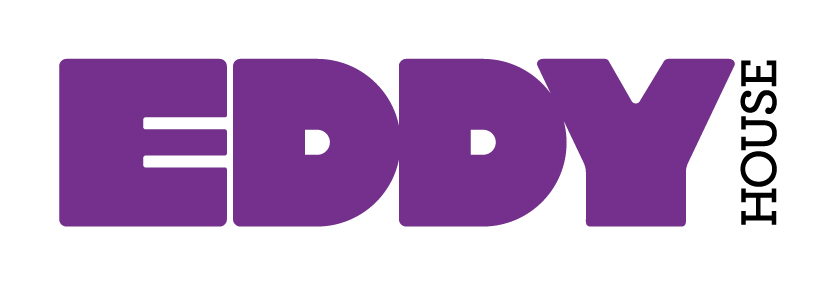
Hope Means Nevada (HMN) expands to rural communities with a Youth Mental Wellness Outreach Campaign. The campaign uses social media to promote mental health awareness and connect individuals with resources. Over the past three years, it has reached 2.35 million people, generated 10 million organic impressions, and partnered with over 40 Nevada organizations, engaging 100+ teens through the Teen Hope Network.
The campaign shares social media content, collaborates with local leaders, and promotes in-person engagement, directing individuals to the HMN website for resources. In 2022, HMN partnered with SilverSummit on a teen suicide prevention campaign in Clark and Washoe Counties, resulting in 207 million impressions, a 103% increase in Nevada Google searches for “mental health,” and a 30% rise in calls to NAMI support lines. Building on this success, HMN plans to launch the Rural Youth Mental Wellness Outreach Campaign, focusing on Nevada’s rural and frontier counties. The campaign will include geotargeted social media posts and distribution of print materials to rural middle and high schools. HMN anticipates reaching 2,000 individuals and driving at least 100 unique visits to its website in 2025. th.
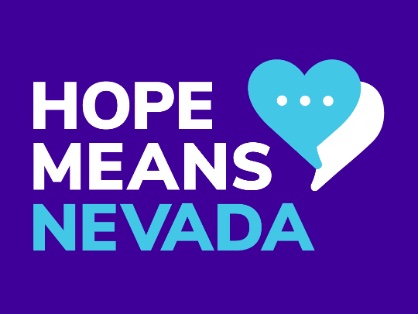
JAG Nevada implements the Jobs for America’s Graduates (JAG) model to support students who face barriers to success in the education system. The program offers a multi-year, elective credit employability skills class taught by a JAG Nevada Specialist. The curriculum includes 87 workplace and personal development competencies designed to prepare students for future careers.
The JAG model has a 43-year record of success and integrates trauma-informed care, project-based learning, and employer engagement. The Specialist serves as a mentor, helping students address barriers, set goals, and create actionable plans. The program includes a student-led career association that provides leadership, civic engagement, community service, and fundraising opportunities.
The Follow-Up component supports students for 12 to 24 months after graduation to ensure a successful transition into the workforce. The Workforce Pathways component connects students to training and employment opportunities through partnerships with companies such as Tesla, Amazon, and Kinross. JAG Nevada also offers wraparound support to remove barriers and provide students with the resources needed to succeed.
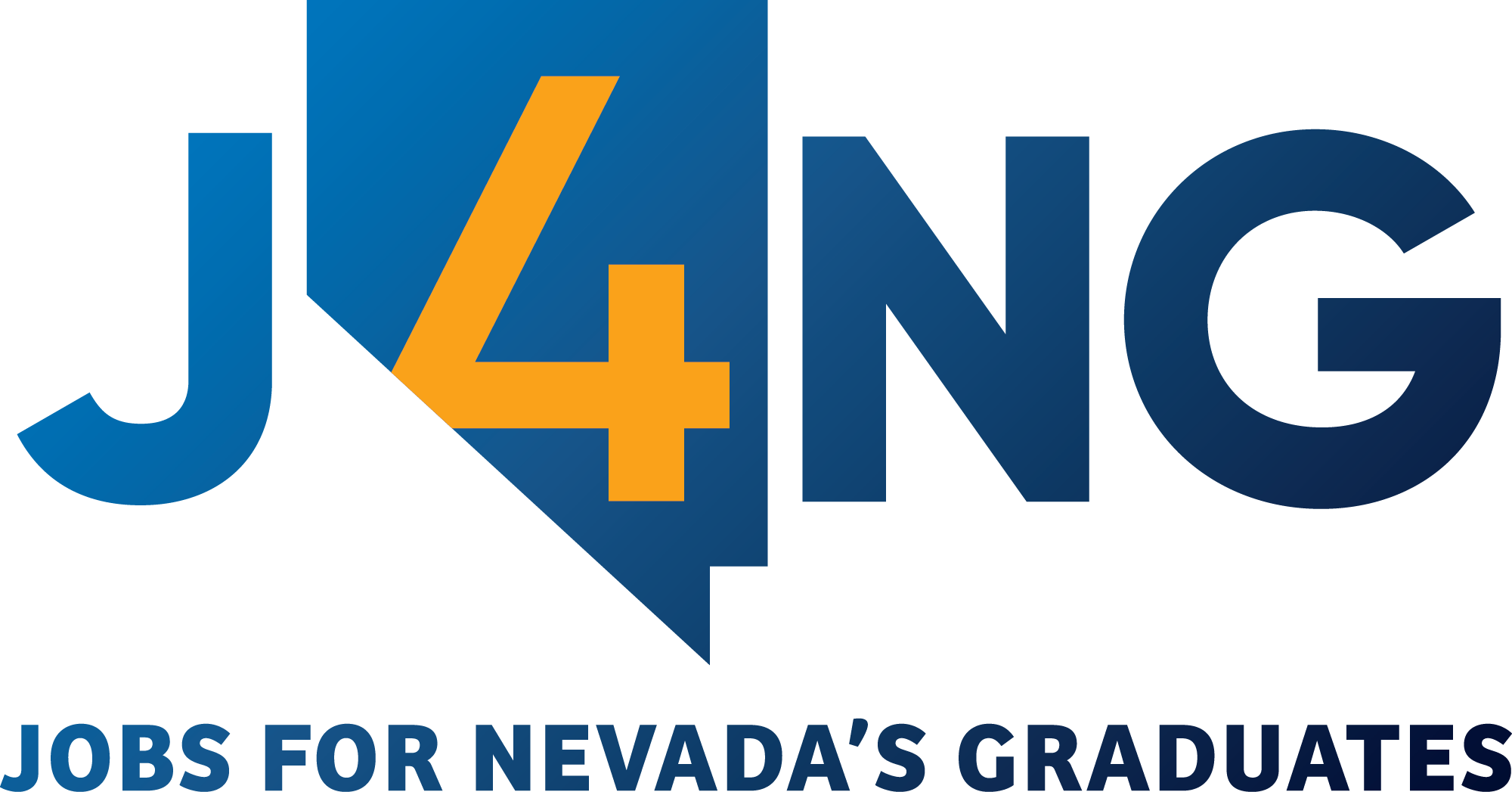
The Nevada Homeless Alliance (NHA) collaborates with the Nevada Department of Corrections (NDOC) to assist individuals transitioning back into the community. The program, launched in August 2023, focuses on housing, employment, and access to social services. It supports individuals within 90 days of release from the Florence McClure Women’s Correctional Center, Southern Desert Correctional Center, and Casa Grande Transitional Housing. Funding will go to support this comprehensive, evidence-based initiative to position those returning citizens back into our communities.
The program includes monthly on-site meetings to assess needs and establish goals, the development of personalized service plans centered on housing and employment, and connections to temporary housing and workforce programs such as Hope for Prisoners. It also provides transportation and post-release support to access community resources. The initiative aims to address barriers, reduce recidivism, and support individuals in their reintegration into the community.

The Nevada Primary Care Association (NVPCA) is implementing the Azara Data Reporting and Visualization System (DRVS) Transitions of Care (TOC) module across its network of health centers. The module will support patient care by providing admission and discharge data from emergency departments and inpatient hospital stays through an interface with the Nevada Health Information Exchange. Health Centers will use the TOC module for daily reports, patient follow-up, and care management interventions.
NVPCA will also partner with Azara Healthcare to provide data validation training, ensuring accurate integration of Electronic Health Record (EHR) data into DRVS. These initiatives are supported by SilverSummit Healthplan and aim to enhance data accuracy and care coordination across participating health centers.
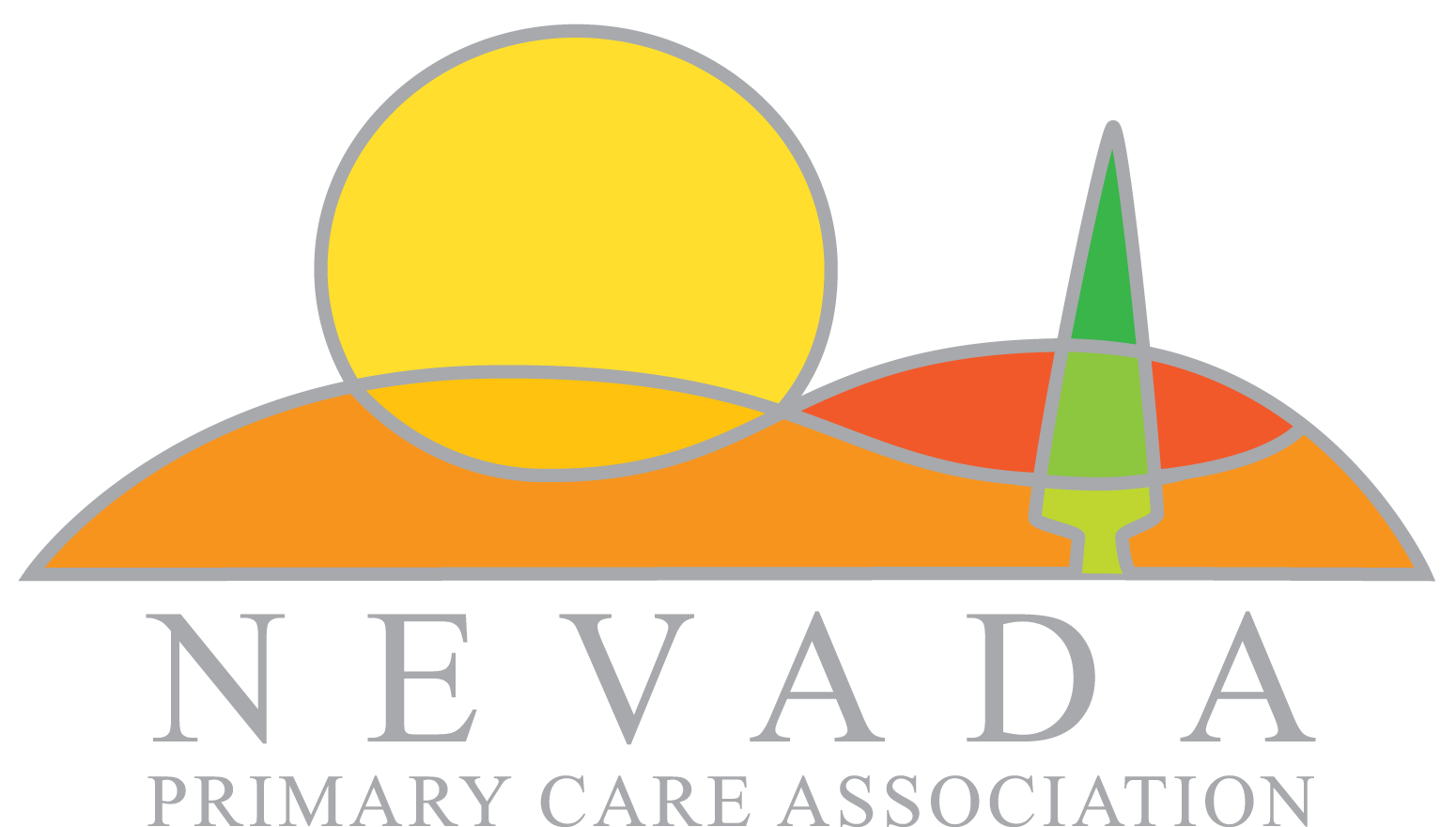
Noah’s Animal House Foundation provides shelter for pets of domestic violence victims, allowing families to access safe housing. Pets are boarded in secure, climate-controlled facilities while partner agencies deliver emergency or transitional housing services. Families participate in their pet’s care, ensuring the pet remains part of the family throughout the process. Services include medical care, nutrition, exercise, vaccinations, and confidentiality protections. Intake is completed by the owner, and pets are assessed by licensed veterinary technicians. The program is managed by experienced supervisors who oversee animal care staff trained in trauma-informed practices and client-centered support.

HOPES is launching a two-year pilot program in northern Nevada to address the maternal opioid crisis through a collaborative care model. The program integrates behavioral health, pediatrics, medication-assisted treatment, and obstetrical services. Year one focuses on building infrastructure, recruiting staff and patients, and establishing partnerships through outreach, marketing, and staff training. A care coordinator will lead program design, classes, and collaboration with community partners. Patient recruitment will include advertising, community events, and partner engagement.
Year two begins July 1, 2025, focusing on patient onboarding, program implementation, and outcome evaluation. The program, funded by the SSHP Community Investment Program, will support maternity and postpartum care, improving maternal and child health outcomes. Early pediatric care access and family health services will also increase.
Key Partnerships:
HOPES is working with local and state partners to improve care coordination and patient access, including:
- Renown Pregnancy Center: Coordinating care for antepartum, delivery, and postpartum services.
- Empowered: Referrals for pregnant and postpartum patients with OUD.
- High-Risk Pregnancy Centers: Access to maternal-fetal medicine specialists for high-risk OB cases.
- OUMA Maternity Telehealth: Telehealth consultations for Medicaid patients in rural or transportation-limited areas.
- Technical Medical: Collaborative in-home patient assessments to reduce ER admissions.
- Doula Co-op: Providing supportive birth doulas for education and advocacy.
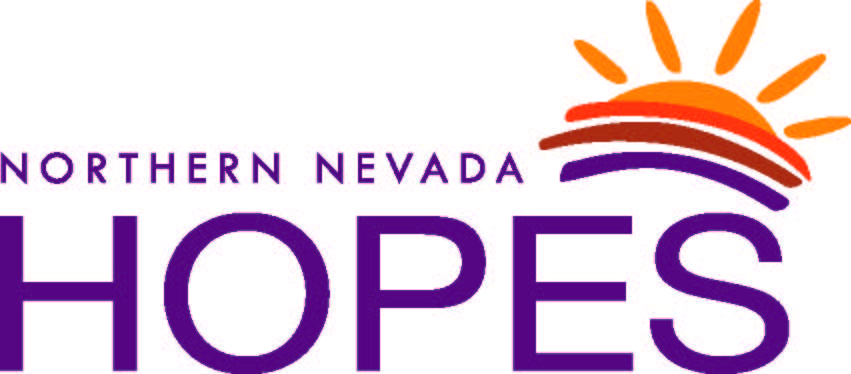
Raise the Future offers Trust-Based Relational Intervention (TBRI®) Caregiver Training to support families in achieving permanency. The training consists of four sessions totaling 24 hours. It provides caregivers and professionals with an understanding of how trauma affects brain development and behavior. The program focuses on three principles: Connection, Empowering, and Correction. Caregivers learn strategies to build trust, meet physical needs, and address fear-based behaviors.
Following the training, families are eligible for in-home or virtual coaching sessions with trained TBRI® Practitioners. Coaching includes observation, guidance, feedback, goal setting, and action planning. Sessions last 2-3 hours and are tailored to each family’s needs. Services are available for 90-120 days or longer, with no time limits, and can include support for siblings in the home.
.jpg)
Toni's House Street Team is focused on improving access to healthcare, harm-reduction tools, and social services in underserved communities across Clark County. Since its launch in October 2022, the team has engaged directly with individuals at locations such as The Courtyard, the homeless corridor, community events, and other spaces where resources are needed.
The Street Team distributes harm-reduction backpacks containing Narcan, fentanyl and xylazine test strips, first-aid kits, water, snacks, socks, and other essential items. Team members provide overdose prevention education, resource cards, and access to free online courses. They also offer one-on-one assistance to connect individuals with specific treatment and services.
The SilverSummit funding will assist in expanding the Street Team efforts by acquiring a van and employing a Mobex facilitator. These additions will increase mobility and provide access to mobile tools that support ongoing healthcare engagement. This expansion will allow the team to reach more individuals and enhance connections to healthcare resources.
By collaborating with healthcare providers and deploying mobile resources, the program addresses healthcare disparities among low-income, minority, and homeless populations in Nevada.
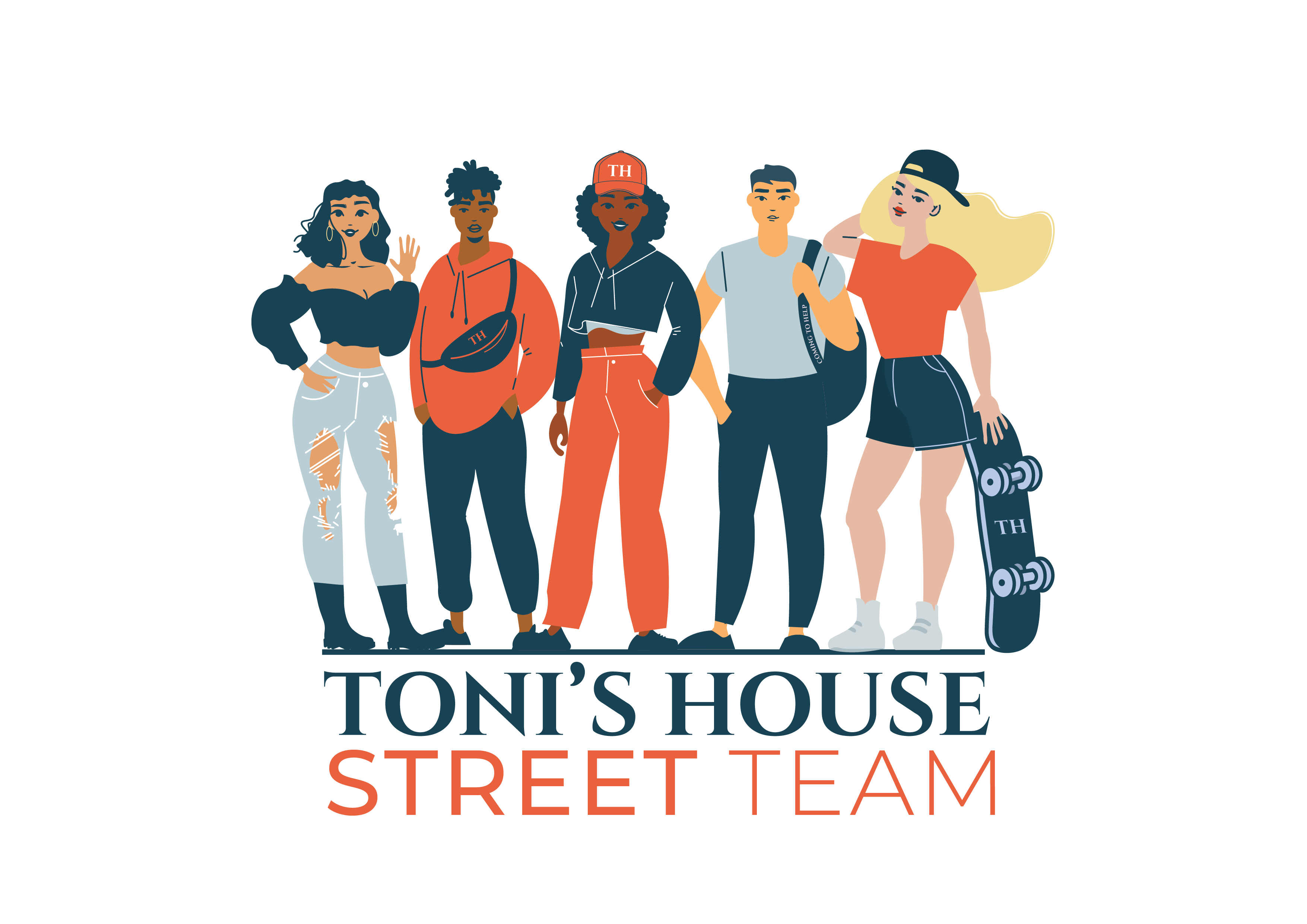
UNLV Health is taking bold steps to expand access to quality care and address critical health challenges in Nevada, including reducing infant mortality and closing care gaps. With new team members and innovative workflows, the program is set to transform patient experiences and tackle health disparities head-on.
UNLV Health is expanding its care team to improve access to care, address capacity challenges, and support state initiatives to reduce infant mortality and close care gaps. The addition of one APRN is projected to increase patient visits by 320 per month, and three sonographers are expected to perform 576 additional ultrasounds monthly. These efforts aim to improve timely access to care and enhance the patient experience. This funding will help cover the salary for one APRN and three sonographers.
UNLV Health provides care to OB/GYN patients referred to its services, operating from two office locations in the medical district (Charleston Blvd. and Shadow Lane) and one on Maryland Parkway near Sunrise Hospital. The program is projected to accommodate an additional 320 patient visits per month, including approximately 58 SilverSummit members. To address health disparities, established workflows are in place to identify social determinants of health and connect patients with appropriate care pathways, health plans, or social services to meet their needs. Recruitment efforts for APRN and sonographer positions are currently underway to support the program's growth.
